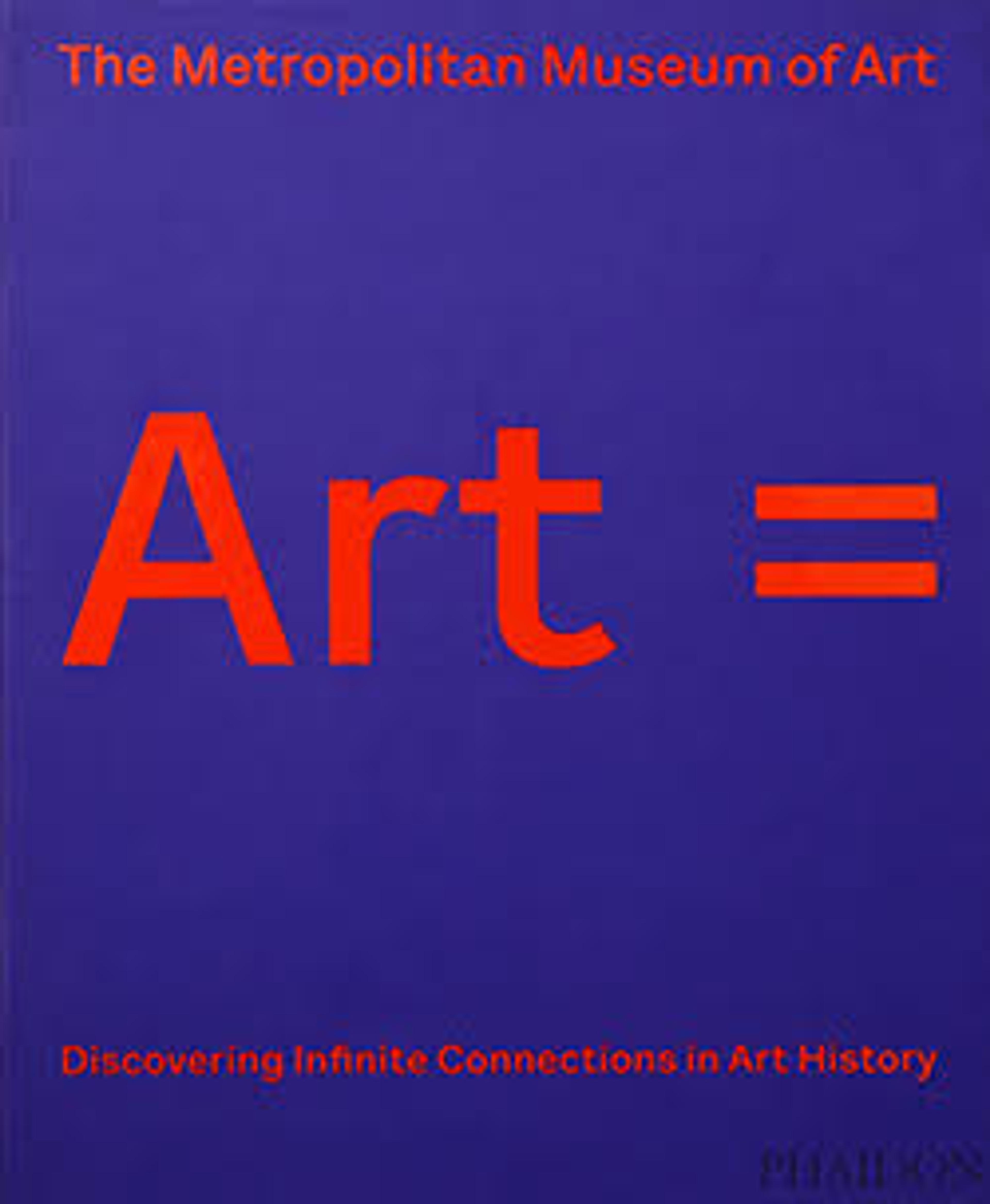English
Monumental vase
This vase, a masterpiece of French Art Nouveau design, is among the largest and most ambitious ceramics designed by Georges Hoentschel, who was an architect, interior decorator, and art collector in addition to being a ceramist. The various aquatic motifs, which include fish, crustaceans, shells, and seaweed, are integrated into the design of the vase with seemingly effortless skill, and the mottled green glaze reinforces the marine theme. This vase and its mate were displayed prominently in the pavilion of the Union Centrale des Arts Décoratifs at the Exposition Universelle of 1900 in Paris.
Artwork Details
- Title: Monumental vase
- Designer: Georges Hoentschel (French, Paris 1855–1915 Paris)
- Maker: Possibly executed by Emile Grittel (French, 1870–1953)
- Date: 1899–1900
- Culture: French, Saint-Amand-en-Puisaye
- Medium: Glazed stoneware
- Dimensions: Overall (confirmed): 45 5/8 x 22 1/2 x 24 1/8 in., 145 lb. (115.9 x 57.2 x 61.3 cm, 65.7716 kg)
- Classification: Ceramics-Pottery
- Credit Line: Purchase, Iris and B. Gerald Cantor Foundation Gift, 2007
- Object Number: 2007.27
- Curatorial Department: European Sculpture and Decorative Arts
More Artwork
Research Resources
The Met provides unparalleled resources for research and welcomes an international community of students and scholars. The Met's Open Access API is where creators and researchers can connect to the The Met collection. Open Access data and public domain images are available for unrestricted commercial and noncommercial use without permission or fee.
To request images under copyright and other restrictions, please use this Image Request form.
Feedback
We continue to research and examine historical and cultural context for objects in The Met collection. If you have comments or questions about this object record, please contact us using the form below. The Museum looks forward to receiving your comments.
